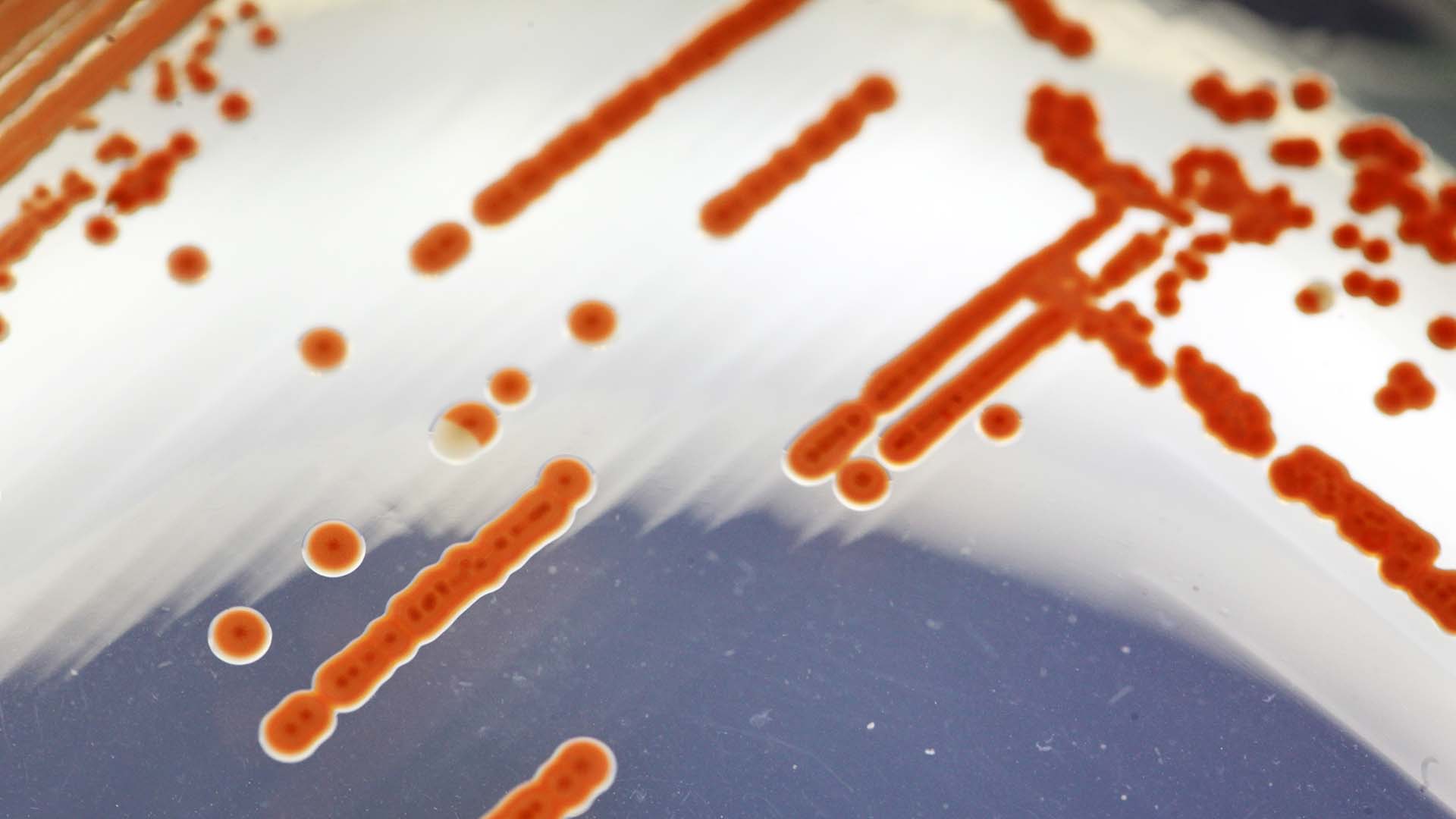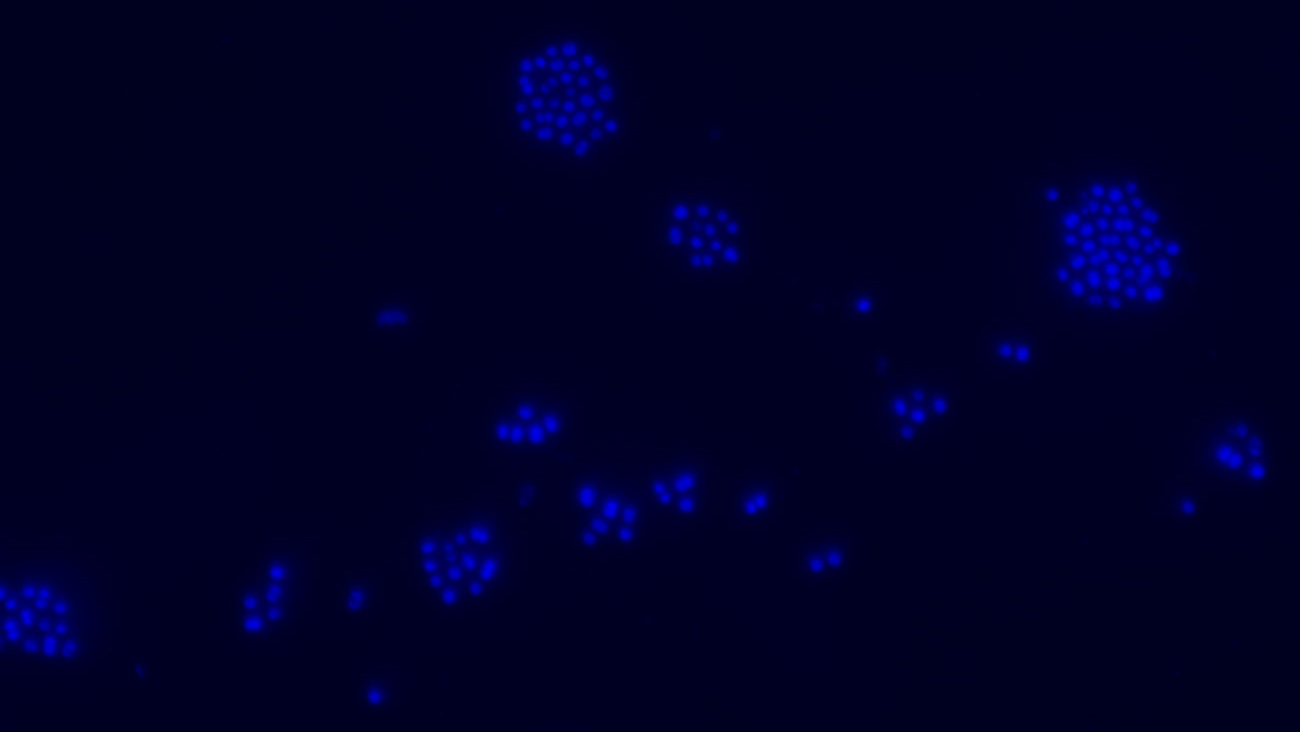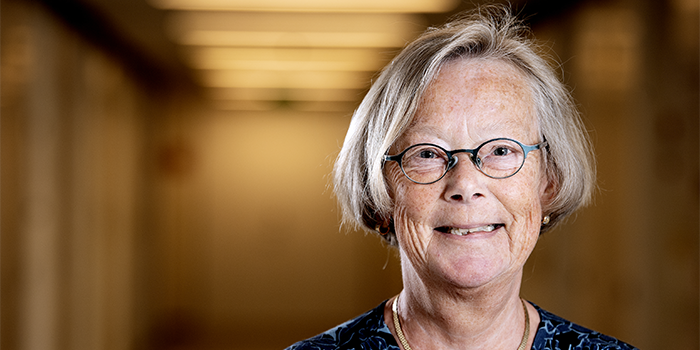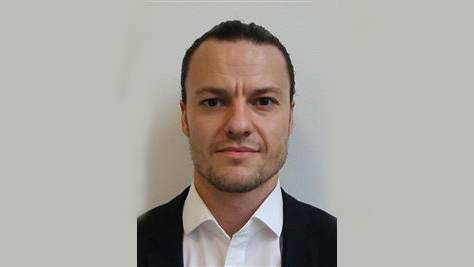Bacterial Ecophysiology and Biotechnology

The purpose of the work in the research group is two-fold: to control (inhibit or kill) pathogenic bacteria including both fish pathogens (Vibrio spp.) and human pathogens (Listeria monocytogenes, Staphylococcus aureus, Pseudomonas aeruginosa) and to enable biotechnological use of beneficial bacteria, especially, but not exclusively, to control pathogenic bacteria.
The biotech related aspects focus on marine bioactive bacteria (Roseobacter, Pseudoalteromonas, Vibrio) as producers of antibiotics, antivirulence compounds, and as probiotics.
The marine focus is in driven by the vast possibilities in marine microbial biotechnology expected to yield novel chemical scaffolds and structures and because of the large importance of aquatic organisms in food production. We also work on non-marine antimicrobial compounds, such as antimicrobial peptides, and we study the response of pathogens to antimicrobial treatments and compounds using a range of phsyiological and genetic based approaches.
The group has a strong foundation in bacterial ecology and physiology and exploits a range of methods and approaches to achieve the goals above. This includes classical growth measurements, secondary metabolite production and genomic and transcriptomic analyses combined with cloning and mutational analyses. The groups is building expertise in the areas of evolution and molecular bacteriology. We have a long interest in “microbial interactions” (from bacteriocins, probiotics to quorum sensing) and are increasingly interested in “mixed microbial communities” as a way to enhance biodiscovery or improve pathogen control.
Aim: To control (inhibit or kill) pathogenic bacteria including both fish pathogens and human pathogens and to enable biotechnological use of beneficial bacteria, especially, but not exclusively, to control pathogenic bacteria.
CeMiSt
Several members of the BEB group participate in the Center of Excellence, Center for Microbial Secondary Metabolites, CeMiSt, which is led by Professor Lone Gram. The purpose of the Center, that involves several other faculty and students at DTU Bioenegineering, is to unravel the role of microbial secondary metabolites in natural microbial systems.



